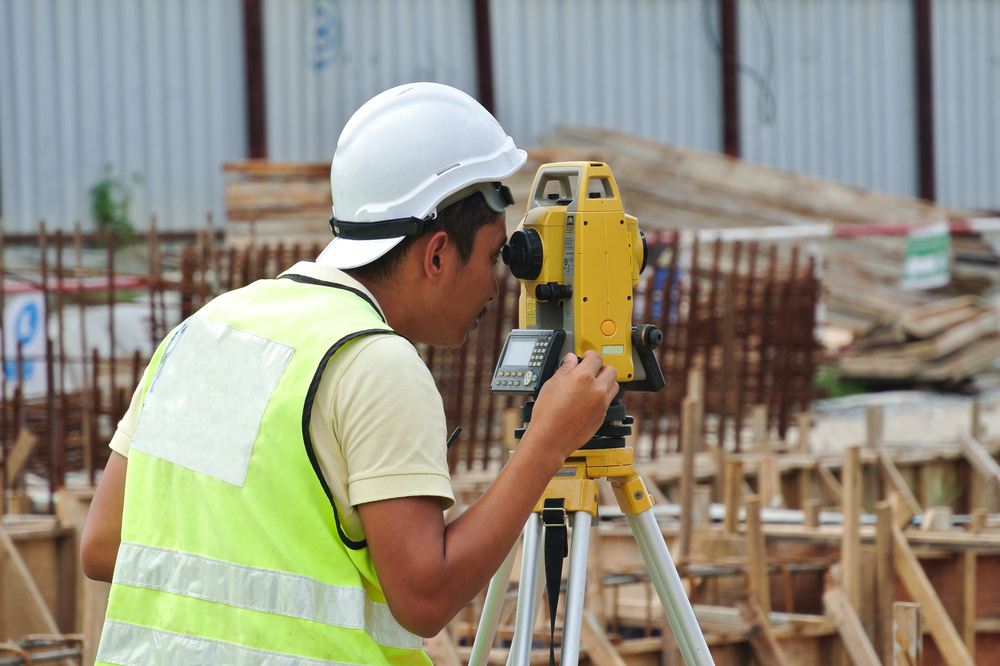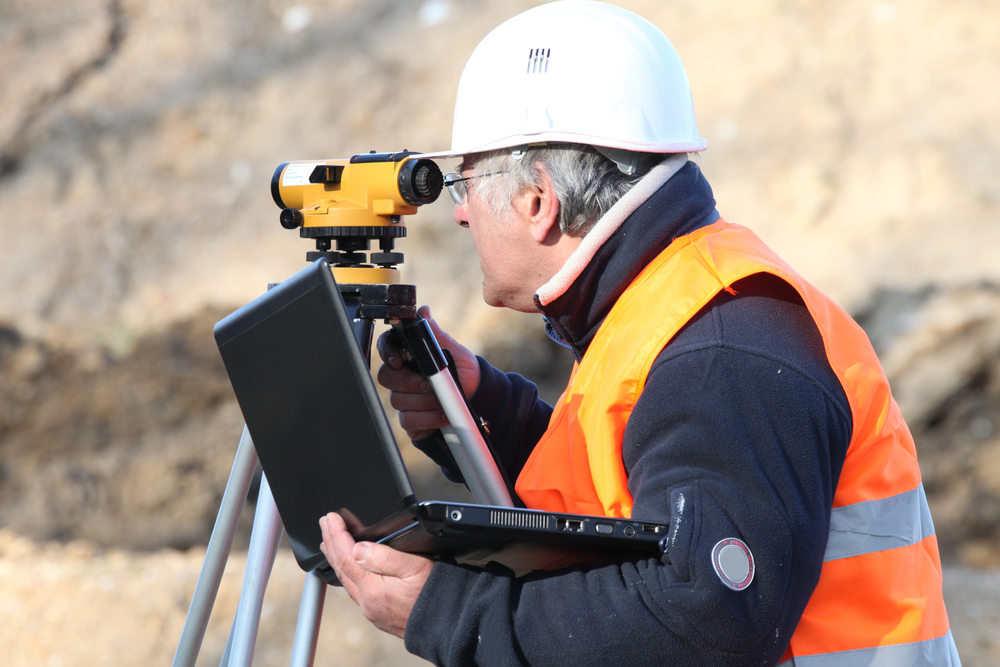Surveyor
March 6, 2017 buildyourpath_wpabout the job
A surveyor makes precise measurements to determine property boundaries. To prepare sites for construction projects and to prevent any legal disputes, surveyors use those boundary lines. A surveyor also helps collect data used to determine the shape of the Earth’s surface. Engineering, mapmaking, and construction projects use this information.


what you'll do
licenses, certifications, and registrations
Surveyors must be licensed in order to provide services to the public and to certify legal documents. However, a survey technician with four years of experience may be able to become licensed in Maryland following several competency tests. In many states, an associate’s degree in surveying, coupled with several years of work experience under a licensed surveyor, may be sufficient. Most states also have continuing education requirements. The licensing requirements for Maryland can be found at the Department of Labor, Licensing, and Regulation’s website.

all the other details
types of surveyors
- Geodetic surveyors use high-accuracy technology, including aerial and satellite observations, to measure large areas of the Earth’s surface.
- Marine or hydrographic surveyors survey harbors, rivers, and other bodies of water to determine shorelines, the
topography of the floor, water depth, and other features.
education process
- Complete the level of education required in your state
- Pass the Fundamentals of Surveying (FS) exam
- Gain sufficient work experience under a licensed surveyor
- Pass the Principles and Practice of Surveying (PS) exam
what you'll get paid
The average salary is $63,133 but will vary depending on experience and training.